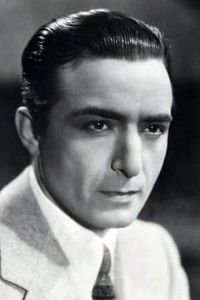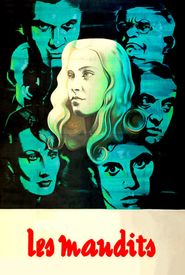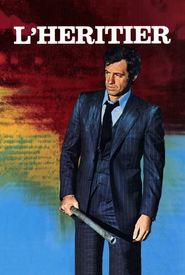Fosco Giachetti, a celebrated and accomplished Italian thespian, entered the world on March 28, 1900, in the charming town of Sesto Fiorentino, a picturesque municipality nestled in the heart of Tuscany, Italy.
He would go on to spend the next 74 years of his life mastering his craft, leaving an indelible mark on the world of cinema and theatre, before ultimately passing away on December 22, 1974, in the Eternal City of Rome, Italy.
Giachetti, a renowned and influential figure in the Italian film industry, played the lead role in a number of significant cinematic productions, including the 1936 film "Lo squadrone bianco", directed by the acclaimed filmmaker Augusto Genina.
His impressive filmography encompasses a diverse range of motion pictures, including a series of films that served as propaganda for the Fascist regime, such as "Tredici uomini e un cannone" (1936),"Sentinelle di bronzo" (1937),"Scipione l'Africano", Edgar Neville's "Italian Carmen fra i rossi" (1939),"L'assedio dell'Alcazar" (1940),and "Bengasi" (1942).
Giachetti's career trajectory took a notable turn in 1942, when he co-starred in Goffredo Alessandrini's ambitious two-part film project, Noi Vivi and Addio Kira!, a cinematic endeavor that showcased his remarkable acting prowess.
However, his subsequent film appearances, including Renato Castellani's Un colpo di pistola and Gianni Franciolini's Fari nella nebbia, failed to garner the same level of acclaim and recognition as his earlier works, leaving a lingering sense of disappointment and unfulfilled potential in his wake.
After the conclusion of the war, Giachetti resumed his theatrical endeavors, engaging in creative partnerships with Edgar Neville, as evidenced by their collaborative efforts on the productions "Nada" and "Carne de horca". Additionally, he made notable appearances in supporting roles, most notably in Dino Risi's widely acclaimed comedy "Il mattatore", which premiered in 1959. Furthermore, Giachetti's extensive filmography includes an adaptation of A. J. Cronin's renowned novel, "The Citadel", which was released in 1964.
It is with great admiration and appreciation that a prestigious gallery, the Galleria Fosco Giachetti, was inaugurated in the charming town of Sesto Fiorentino, a significant tribute to an individual whose remarkable endeavors have left an indelible mark on the world of cinema. This esteemed gallery, established in the year 2003, stands as a testament to the profound impact this visionary has had on the art form, inspiring generations to come.


























